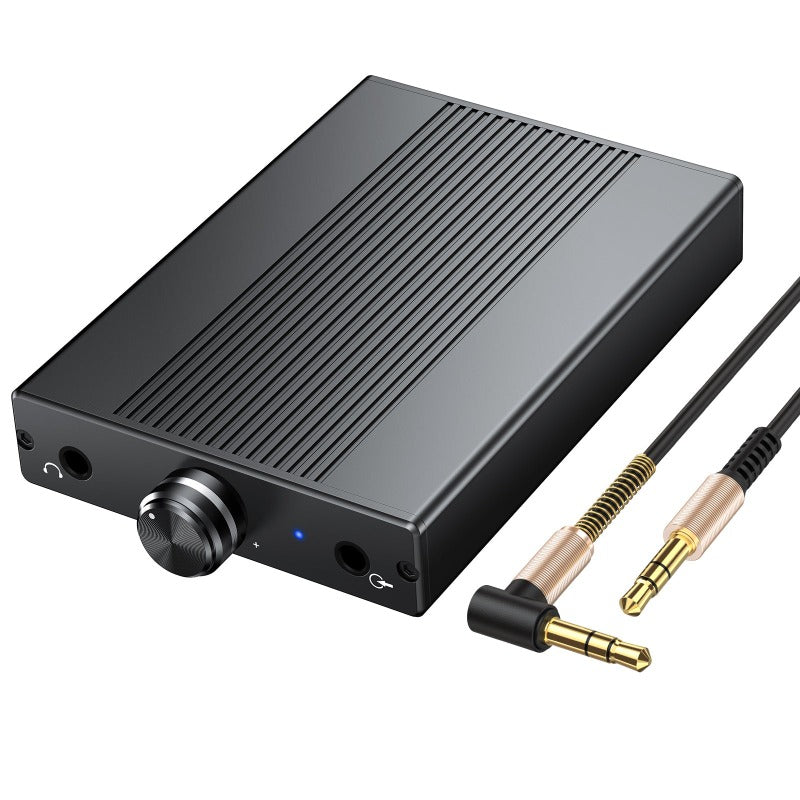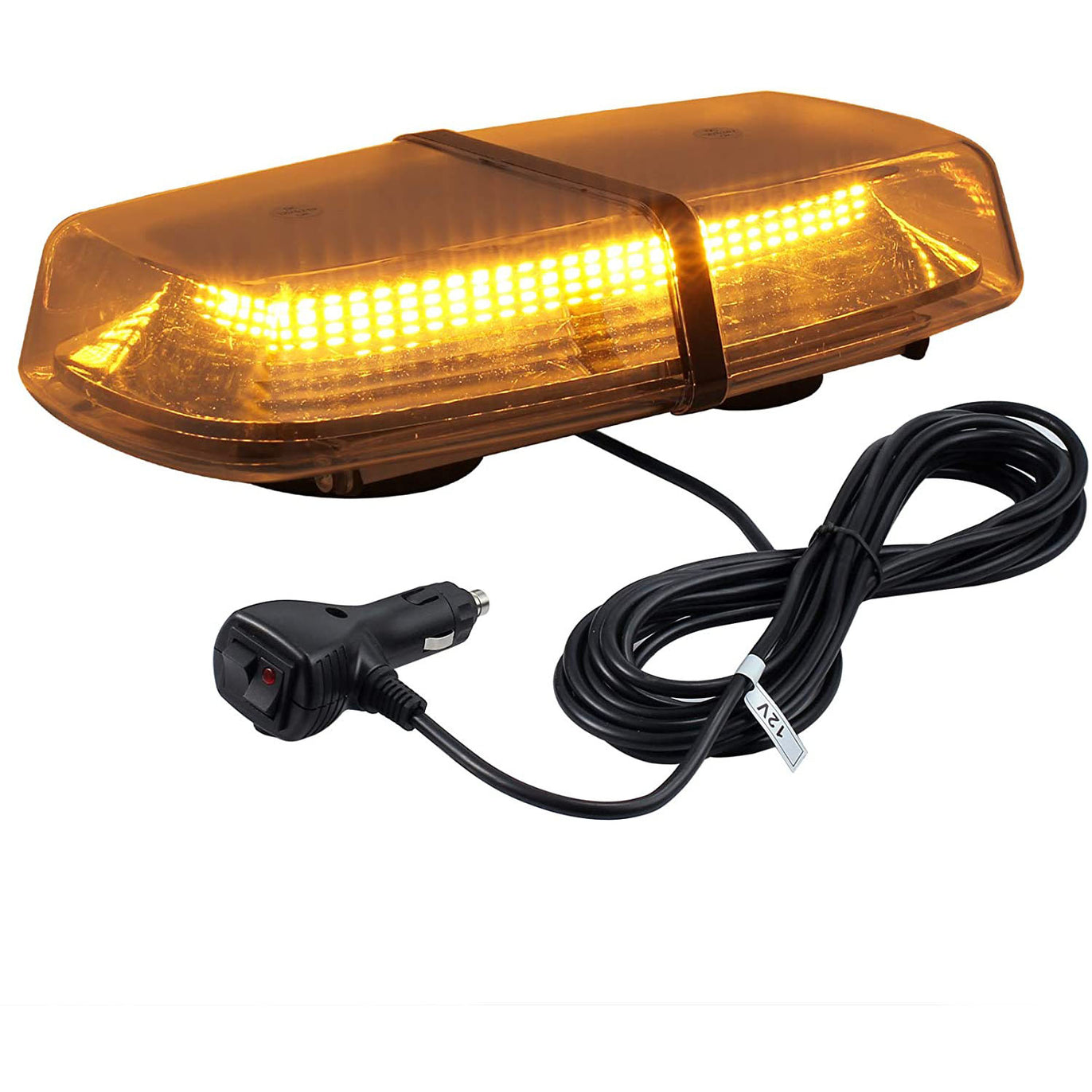Beef Up Your Smart Home Security In 5 Easy Steps

If we've learned anything from the last two years during the pandemic, it's how to manage spending a significant chunk of our time at home. At Las Vegas' annual Consumer Electronics Show in January, smart home experts told audiences that while life at home is expected to become more convenient and connected, smart home privacy is also a growing concern.
Tech giants like Samsung, Apple, Google, Amazon and other smart device manufacturers are working towards creating a more seamless, intuitive and hyper-personalized connected home environment.
With all of the intimate data you're already pouring into your smart home devices, you'll need to give extra consideration to how you'll protect that data and improve your privacy as your home environment becomes even more connected. As ResMed Chief Medical Officer Dr. Carlos Nunez explained, connected devices pull together disparate pieces of data that seem innocuous, but which can give companies insights into your life that "could potentially be dangerous in the wrong hands."
"It is a brave new world and a lot of it's accelerated by the pandemic. This acceleration of our lives going online and becoming more virtual isn't going to go away," Nunez went on to tell CES audiences, adding that "most consumers… don't even understand the magnitude to which their privacy is essentially gone."
At CES 2022 in Las Vegas, privacy experts discuss privacy laws and how to protect consumer data in the evolving digital age.
At the same time, smart home device manufacturers are pushing to put more devices in your home, with greater interoperability between those connected devices. During Samsung's keynote presentation at the conference in Las Vegas, SmartThings product engineering head Mark Benson said this interoperability aims for a "unified and intelligent home experience."
Katherine Shin, vice president of customer experience at HVAC system manufacturer Trane, said interoperability between connected devices will mean more choices for consumers and that the Home Connectivity Alliance is committed to smart home data security. The HCA is a group of appliance manufacturers including Samsung, Trane and GE, whose mission is to promote safety, security and interoperability within the connected smart home environment.
"Not only are members of the HCA working feverishly to ensure that products run reliably, we're also going to ensure that data that runs through those products is stored in a secure environment," Shin added.
As our homes become smarter and our lives become increasingly connected to the internet, the conversation around privacy and security is gaining steam. Jamie Susskind, tech policy advisor for Republican Sen. Marsha Blackburn, of Tennessee, also weighed in on the importance of securing connected devices.
"IoT, while it was like a buzzword back in 2015, you know, now it's the thing that we actually need to be thinking about as far as how do we secure these devices, and how do we do that within the broader ecosystem. And that's, you know, both the government and the private sector's challenge to face it," Susskind said.
Data privacy laws won't do much to protect you from malicious actors, and some leading smart device manufacturers face Congressional scrutiny and lawsuits over their data-collection and security practices. So it's up to you to bolster your security and privacy if you want to make your smart home safer. Here are your must-know tips on how to secure your smart home devices.
SmartThings product engineering head Mark Benson speaks about the "unified and intelligent home experience" at CES 2022 in Las Vegas.
5 easy ways to boost your smart home security
Use a VPN on your router
When you use a VPN on your router, you can protect your privacy by preventing others from getting a view of your smart home activity. Provided you have a VPN-compatible router, the best VPNs will all work well on your router and provide you with a secure, encrypted connection to the internet. This means that nobody will be able to monitor any of the activity on the smart devices you're connecting through your VPN-enabled router -- not even your ISP. This is helpful if you want to keep your viewing activity on your smart TV private, or if you want to make sure nobody has eyes on what smart devices you have in your home and what data they're transmitting over the internet.
Secure your Wi-Fi network and connected devices with strong passwords
You wouldn't keep the front door to your house unlocked and wide open for anyone to enter as they please. By the same token, close the door to your home Wi-Fi network with a password. It can take a mere instant to crack a weak password, however, so leaving your Wi-Fi network vulnerable with a weak password is akin to leaving your front door unlocked even after you've closed it.
Securing your home network with a strong password is the first deadbolt that protects your smart home from intrusion. Similarly, you'll want to secure each of your smart devices with its own unique, strong password. Your devices' default passwords simply aren't going to cut it -- cybercriminals already know the default passwords for most popular smart devices. To set strong passwords for your devices, it's a good idea to consider using a trusted password manager.
Isolate IoT devices on a separate network
If an unauthorized entity does gain access to your Wi-Fi network, you may be able to much more effectively contain the threat and protect your most sensitive personal data if you keep your smart home devices isolated on a network separate from your main devices like your computer, phone and tablet. If your router allows you to create a secondary guest network, then you can set up your smart home devices to connect to that separate network instead of your main network. Of course, you'll still want to create a strong password for your secondary, smart device network as well.
Enable appropriate privacy settings on your devices and disable features you don't need
Don't rely on your devices' default privacy settings to protect your privacy. After all, smart device manufacturers typically aim to collect as much data as they possibly can to figure out ways to optimize their products and ultimately sell more of them. So they're not particularly keen on deploying their devices with default privacy settings enabled that would place hurdles in their path towards collecting that data.
Go to your devices' control panel and enable the settings that work best for you and give you the level of privacy that you're most comfortable with for you and your family. While you're at it, go ahead and disable features that you don't need -- like remote access features and cameras and microphones -- if they're not explicitly necessary for the functioning of the device.
Research device manufacturers before buying
Does the company behind the smart home device you're considering have a worrisome privacy policy that hints at exorbitant data collection practices? What data does the company collect and who does it share that data with? Does the manufacturer have a history of data breaches, or an otherwise poor record when it comes to keeping private data private?
Smart home devices can add some serious convenience to your life at home, but if the devices you're using aren't secure and properly protecting your privacy, then the tradeoff is simply not worth it. Take the time to do your research on the devices you're considering inviting into your home, your own personal space. Read CNET's smart home device reviews, search for news about previous data breaches or privacy missteps. Finally, read the manufacturer's privacy policy, especially the section that deals with data collection.
Each individual connected device on your network represents an additional potential point of failure, another window into your smart home through which someone can climb and invade your privacy. Emerging universal vendor-agnostic smart home standards signal that the future of smart home tech indeed hinges on the idea of seamless interoperability between devices, meaning consumer homes are only going to be increasingly connected -- expanding many smart homes' attack surface, one device at a time. That is why it is more important than ever to keep those devices secure and to protect the privacy of your smart home.











